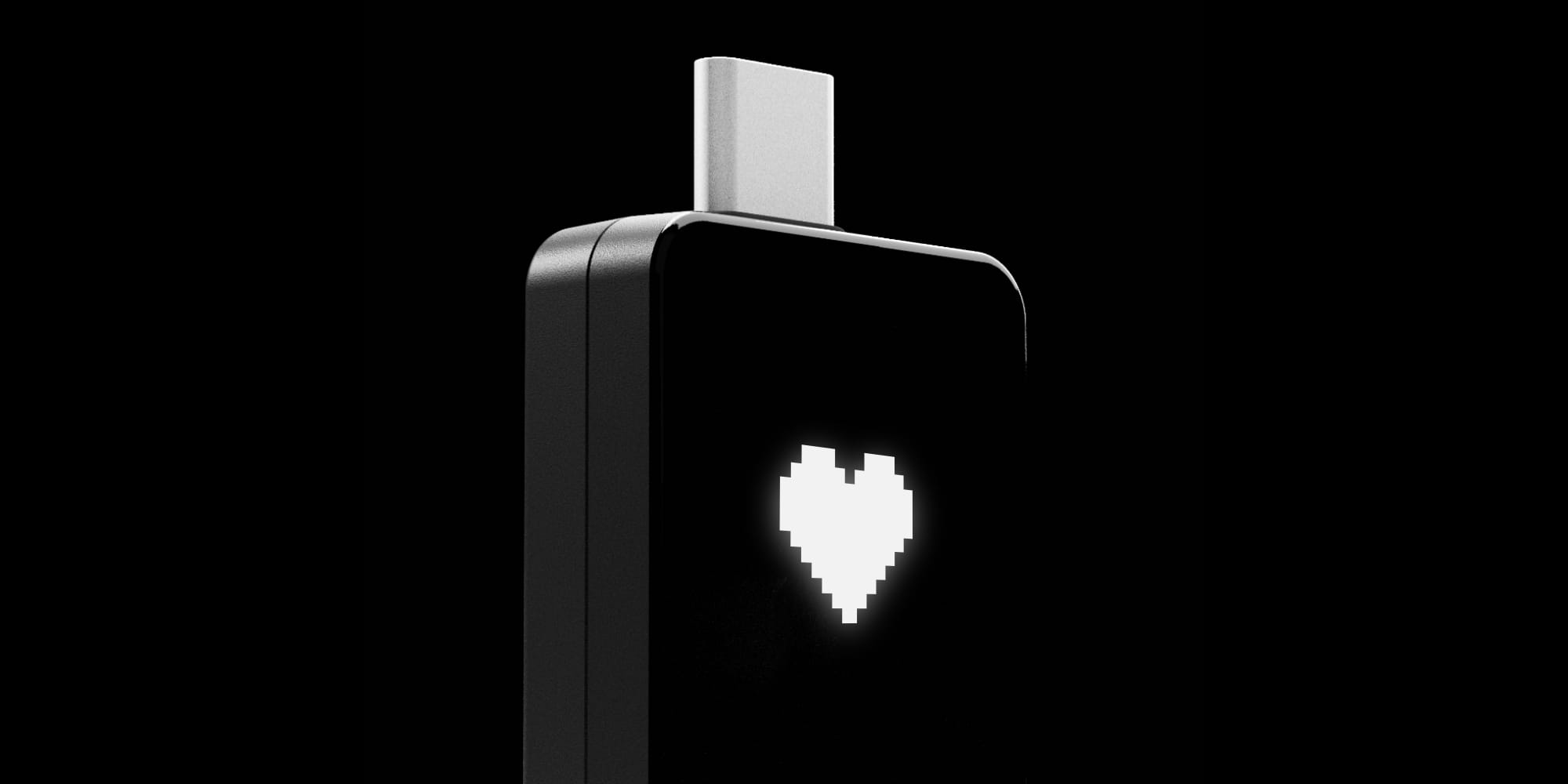Du kannst diesen Artikel auch auf Deutsch lesen.
Taking control over your own bitcoin comes with great responsibility. At BitBox, we try to make it as easy and seamless as possible for people to regain their financial sovereignty. However, using a hardware wallet for the first time can be a stressful venture for some, often involving uncertainty and confusion, which can sometimes lead to mistakes as well. While a helpful documentation and in-app guides are part of the solution, a good customer support service is critical to enable every last user to achieve the aforementioned goal.
Being an open-source company, we want to share some of our customer’s experiences, how customer support is integrated into our team and why we believe it’s an integral part of improving our products and ultimately the user’s experience. While some cases may seem trivial or even funny to Bitcoin veterans, they can provide a very valuable change of perspective and point out issues an experienced engineer would have probably never thought about.
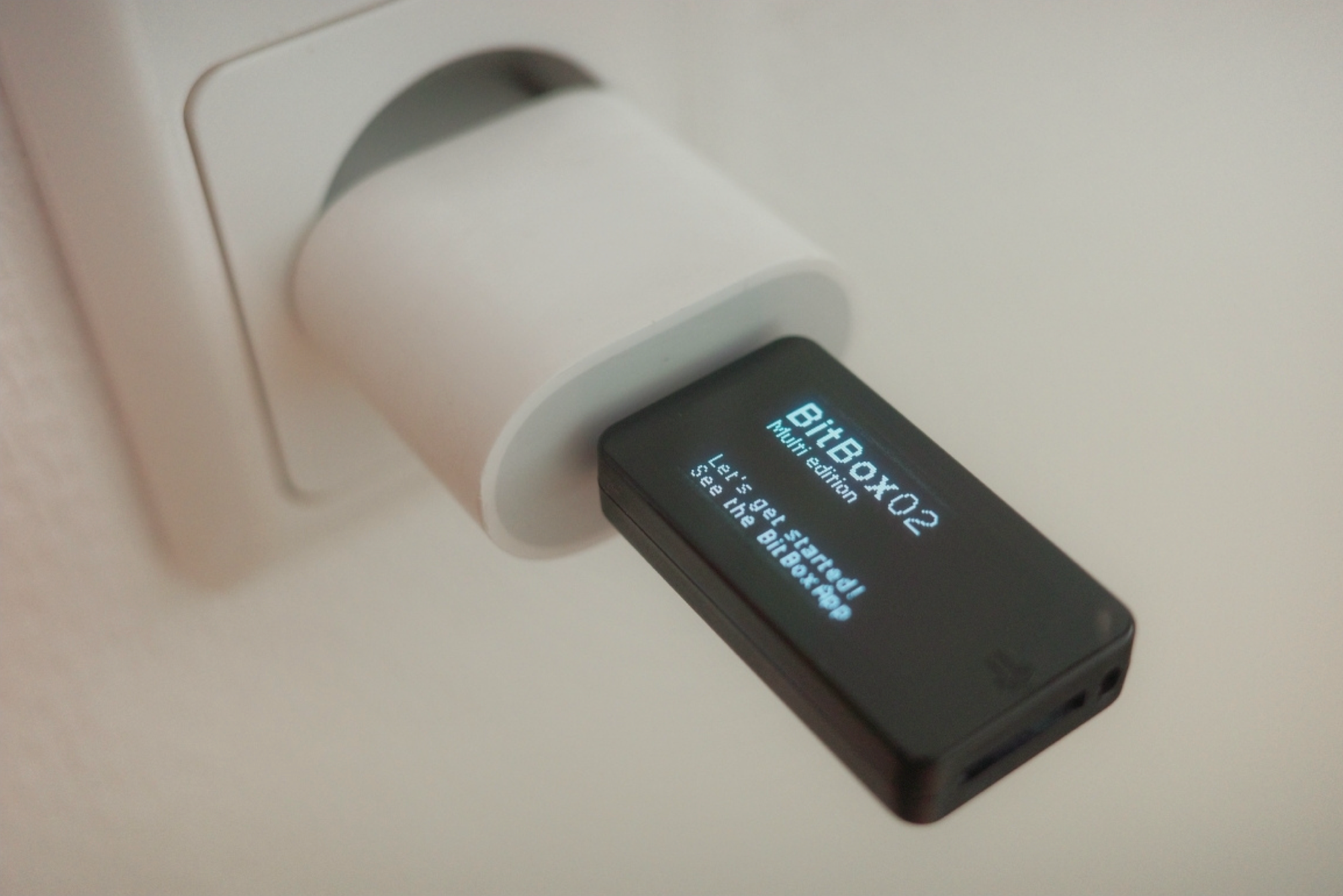
The user is in charge
One major difference between providing customer support for a cryptocurrency wallet compared to most other fields is the role of the user itself. In a more traditional (and ideal) support scenario, the user will simply explain their problem to the agent and wait for it to be resolved. This works for a lot of companies, because the support agent is likely already in control of the customer's account and data, making a resolution just a matter of updating an entry in a database.
This doesn’t work with hardware wallets to all extents, as the manufacturer does not control the user’s funds. Consequently, whatever issue the user might face, in the end they will have to resolve it themselves, which can make the role of the support agent quite tricky sometimes. Identifying the issue and coming up with a solution is one thing, explaining it to the user in an understandable and sustainable manner is equally, if not more important. We want to educate our users and not just “deal with them”, to avoid mistakes being repeated in the future (resulting in even more support requests).

Tales from support
Let’s take a look at common support requests and how some of them even lead to improvements in our products. Aside from business requests, job applications and hardware related problems or defects, about 50% of all support requests resolve around “Bitcoin basics”; questions that can be addressed by explaining how Bitcoin itself actually works.

Sometimes support cases can be harmless and fun, such as the “charging” BitBox02 from above, even though there is no battery, or users not noticing there is a black screen protector on the device; thinking the display is broken. However, the goal here is not to make fun of them. In a lot of cases, users are understandably frustrated or even scared, since their hard-earned money is at stake.
My wallet is empty
A very common and not-so-fun scenario is users who are suddenly confronted with an empty wallet after they unlock their BitBox02. In an overwhelming majority, this is due to improper usage of the optional passphrase feature, which can be enabled in the device settings of the BitBoxApp. Because there are no “wrong” passphrases, it is quite common to unlock a previously unused and therefore “empty” wallet by mistyping the optional passphrase on the BitBox02.
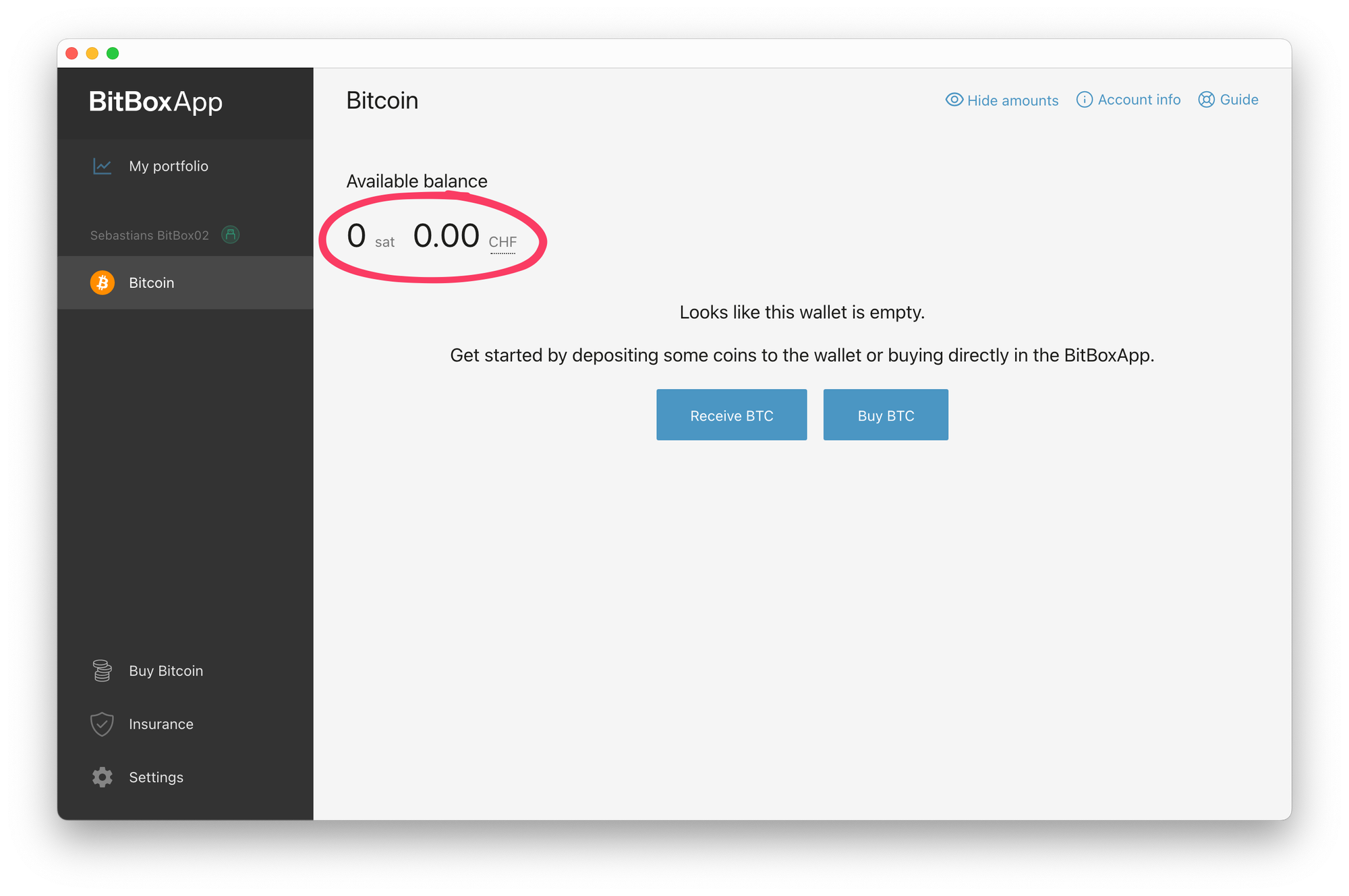
We already went deep into the benefits and risks associated with an optional passphrase in another blog post. Because users kept locking themselves out of their own wallet, with some even forgetting their passphrase entirely and losing access to their coins, we also introduced a more extensive guide in the BitBoxApp: When trying to activate the feature, a multistep guide requiring confirmation from the user provides important additional context. This proved to be very effective, reducing these types of support requests by about 80% and probably preventing a lot of people from losing their precious coins.
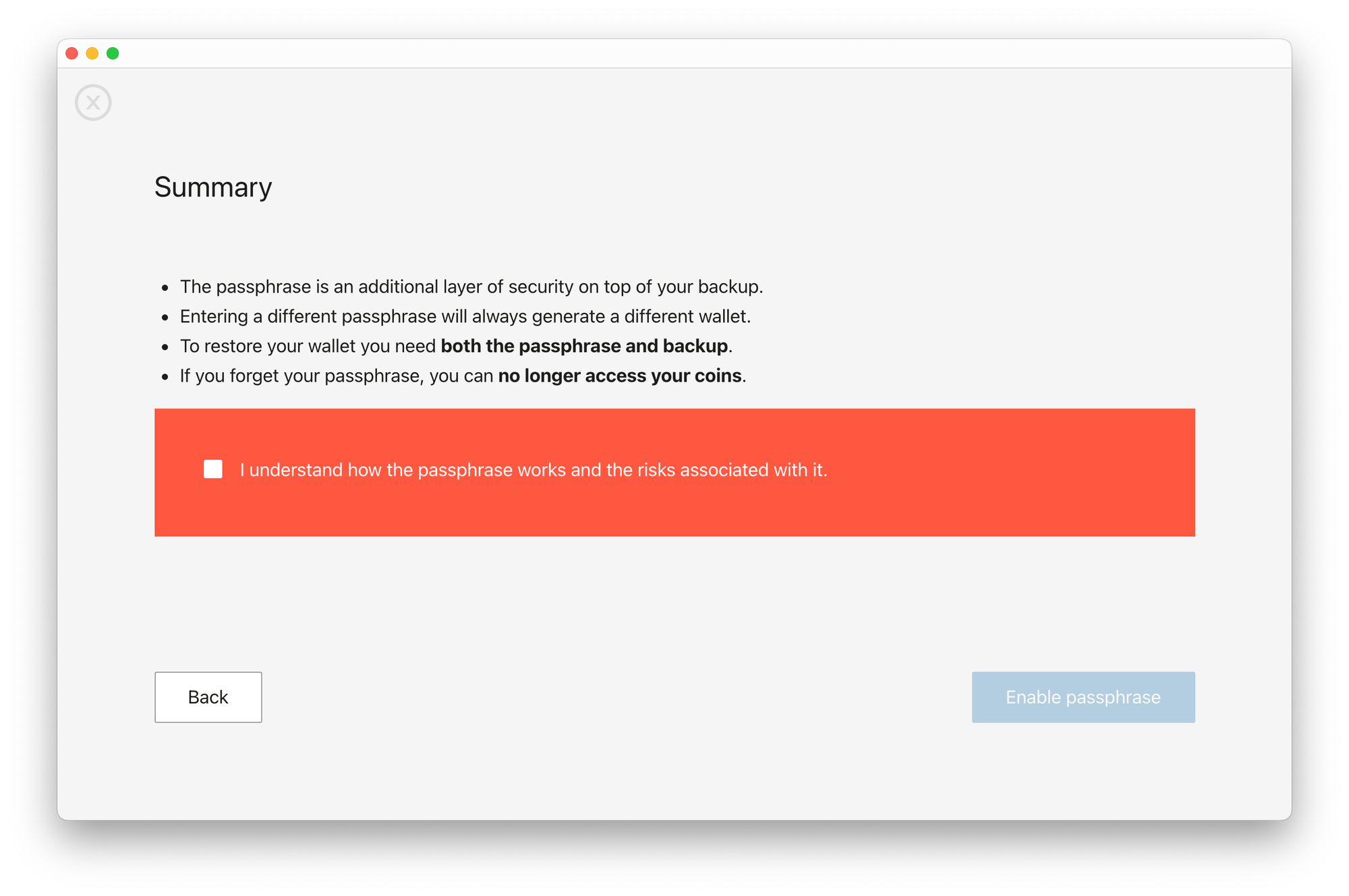
Beware of phishing scams
Last year, we received a scary support request from a user reporting how an app, strikingly similar to the BitBoxApp is asking for their recovery words. This, of course, should immediately ring every alarm bell, as the actual BitBoxApp will never ask users to enter their sensitive wallet information, nor should it ever be entered anywhere other than the hardware wallet in the first place.
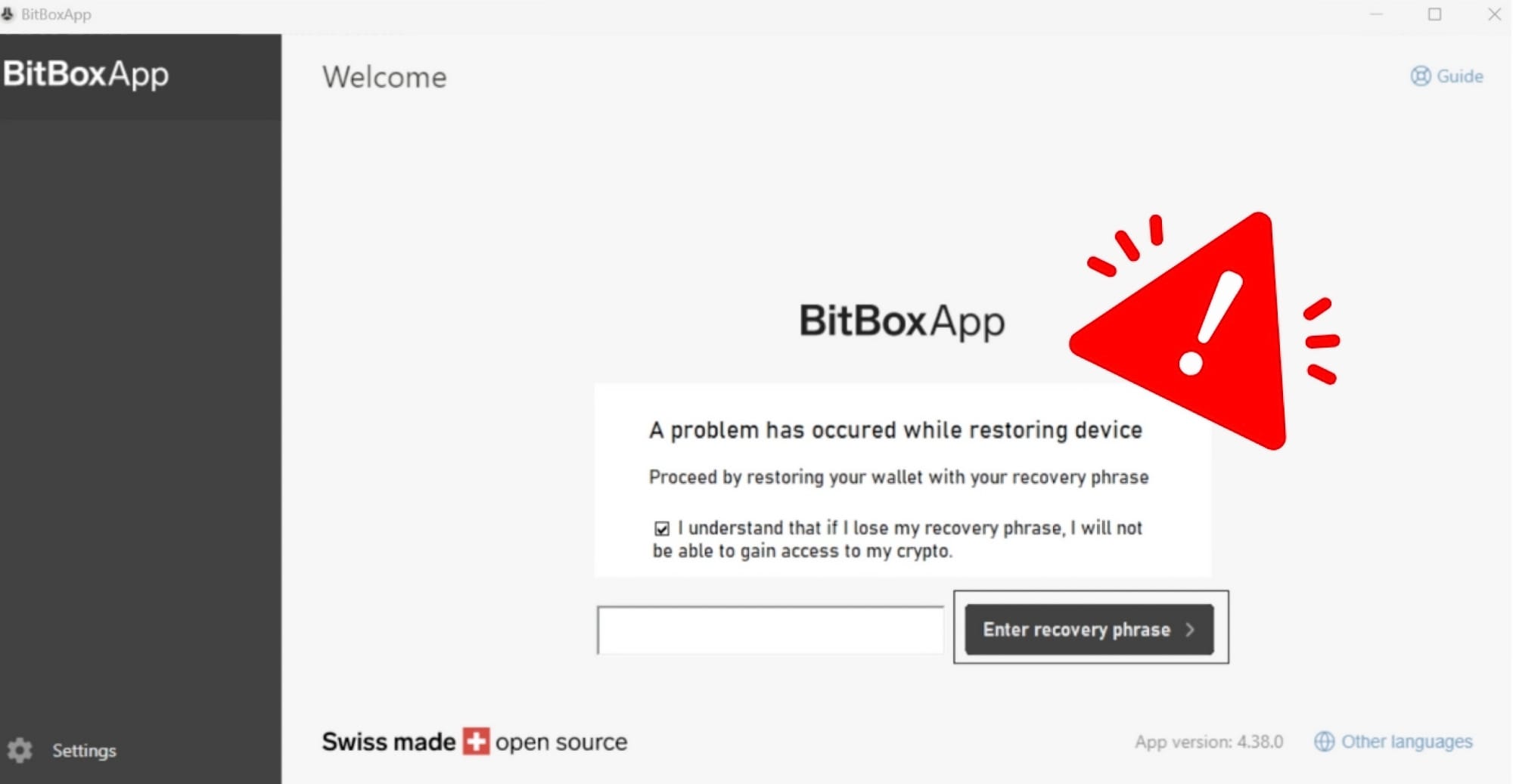
Thankfully, the user grew suspicious and contacted us right away. Together, we were able to figure out how a fake malware version of the popular Wasabi Wallet, which the user had installed on their device, prompted for the recovery words while pretending to look like the BitBoxApp. The malware was repeatedly taking screenshots, in the hopes of getting a glimpse at the user’s recovery words and sending it off to the attacker.
Not only did the BitBox02 serve its purpose by protecting the private keys from the malware infected host device, the user also did the right thing by reporting this phishing attack directly to us, which enabled us to warn other users. Should you ever encounter anything similar that makes you feel uneasy, please don’t hesitate to contact our support team.
How support is integrated within the team
While our support team, i.e. the people with access to the actual support tickets, is relatively small, we maintain an internal support chat to which all team members have access to. Interesting, valuable or previously unheard questions and problems are shared in this chat on a high-level basis, giving the entire team a good sense for the issues the customers are currently facing. Even developers and engineers stay connected to the end-users this way, which in turn influences the development of new features and improvements.
We take privacy very seriously, especially when it comes to customer support requests, which often contain sensitive financial information. This is why we self-host our ticketing system, staying completely in charge of customer data and even delete tickets just a few weeks after they have been resolved.
Conclusion
So, is self-custody for everyone, considering the mistakes users still make? Though some might say no to this question, we strongly disagree. The goal should be to create products that are easier to use, instead of blaming users for their mistakes. Since we don’t track our users and have very little information on them, customer support requests and reviews play an indispensable part in this journey. We want to take the opportunity to thank all of our customers who, with the issues they faced and detailed feedback they provided, help make the BitBox02 and BitBoxApp easier to use and more secure, because simplicity is security.
Watch the talk
This post was inspired by a talk of our Co-Founder and CEO Douglas Bakkum at BTCPrague 2024. If you want to hear more about “tales from support”, make sure to check it out:
Don’t own a BitBox yet?
Keeping your crypto secure doesn't have to be hard. The BitBox02 hardware wallet stores the private keys for your cryptocurrencies offline. So you can manage your coins safely.
The BitBox02 also comes in a Bitcoin-only version, featuring a radically focused firmware: less code means less attack surface, which further improves your security when only storing Bitcoin.

Shift Crypto is a privately-held company based in Zurich, Switzerland. Our team of Bitcoin contributors, crypto experts, and security engineers builds products that enable customers to enjoy a stress-free journey from novice to mastery level of cryptocurrency management. The BitBox02, our second generation hardware wallet, lets users store, protect, and transact Bitcoin and other cryptocurrencies with ease - along with its software companion, the BitBoxApp.

